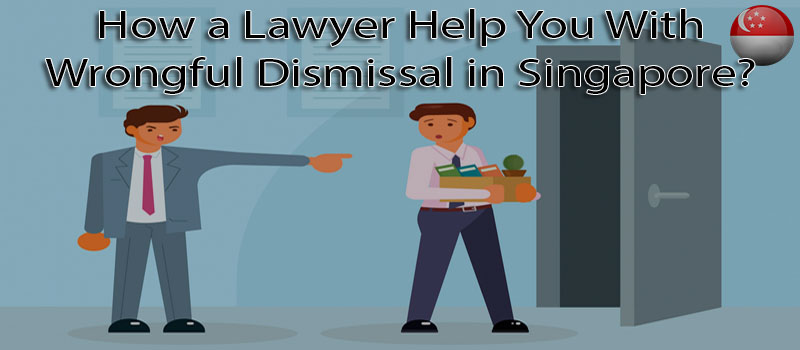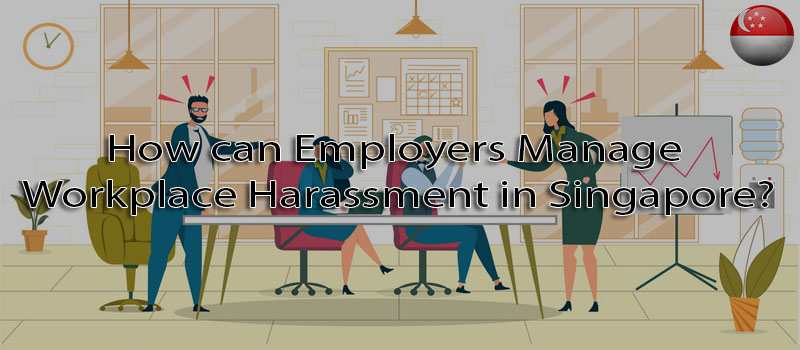
The State Courts launched the Employment Claims Tribunal (ECT) in Singapore as an affordable forum to address salary-related and work dismissal disputes between employees and employers.
The Employee Claims Act (2016) governs the ECT. Before April 2017, the Labour Court of the Ministry of Manpower was in charge of such cases.
Claim limits at the ECT
The employee can make claims up to $20,000 concerning the ECT.
The claims can extend to $30,000
If the employee agrees to attend a mediation session under the Tripartite Alliance for Dispute Management (TADM), the claims can extend to $30,000.
The extension is also applicable if the mediation went through trade unions.
Under no circumstances can you exceed the upper limit on compensation as defined by the ECT.
What types of claims addressed?
The nature of cases addressed by the ECT includes –
Statutory salary-related claims
Employees who feel the employer violates their entitlements make statutory claims.
These include unpaid salary, overtime pay, maternity benefits, employment assistance payments, medical insurance, sick leave salary, or uninformed deductions.
Contractual salary-related claims
Contractual salary-related claims are related to the service agreement signed between the employee and employer.
Violations of the contract terms, including non-payment of allowances, bonuses, or commissions, give rise to disputes that are compensated by the ECT.
Wrongful dismissal claims
Employees who are wrongfully dismissed from duty or on unreasonable grounds can also file a claim through the ECT.
Who covers the claims?
The Employment Act (EA), Retirement and Re-Employment Act (RRA), and the Child Development Co-Savings Act (CDCA) cover the claims.
For violations in your job agreement, you can request for reinstatement of your previous position at the organization along with monetary compensation for work hours lost.
Compensation options are also available if you do not rejoin the company.
What if the respondent is residing overseas?
A claim may only be filed against a Respondent located in Singapore.
If the Respondent is residing overseas (for individuals), or the Respondent’s registered office or place of business is overseas (for non-individuals), the claim cannot be heard by the ECT.
Interns can also file claims if there is any breach of contract.
Public servants and domestic workers have access to limited statutory salary-related disputes such as maternity benefits and employment assistance payments.
Talk to a Professional
Fill-up the form on our website and learn more about Employment Claims Tribunal from our experts.
How to get a claim under the Work Injury Compensation Act (WICA)?



